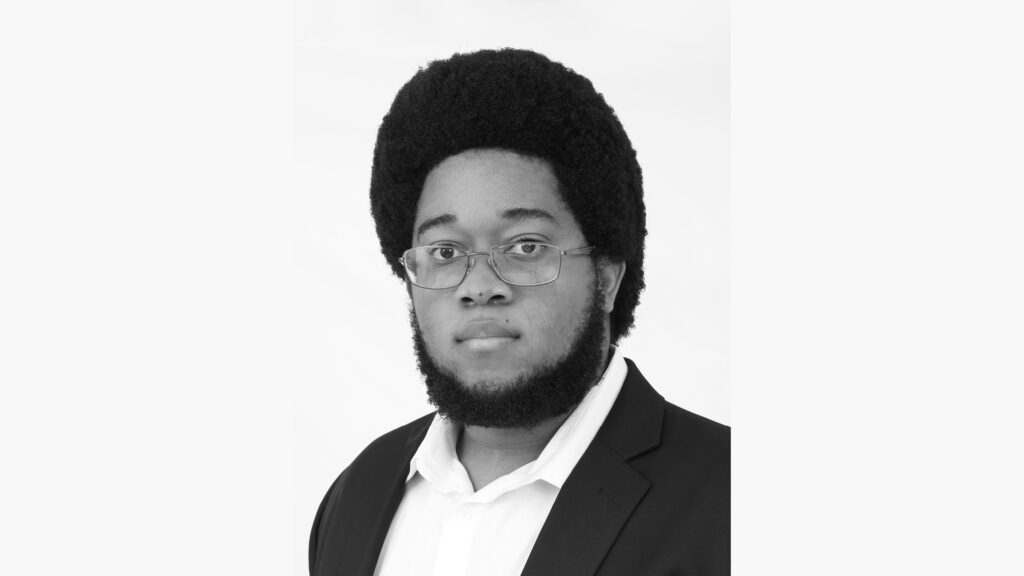Dear Editor,
I must ask your readers for their forgiveness as I find myself unable to resist the temptation to write again on this topic. In a September 15 opinion written for, and published in The Daily Observer, the recent controversy involving a five-year-old schoolgirl with locs who was turned away from a private, religious school because of her locs, was discussed.
The position laid out there was that such a ban on locs in any school is out of touch with modern society, is most likely informed by subtly prejudiced values about how Black natural hair ought to be groomed, and that it ought not to continue.
However, there are a few well-meaning people who still focus on the issue of “discipline” more than anything else when considering this issue, and see the voices raised against some of the existing hair rules in some of our schools as voices that oppose schools having the power to set and enforce rules for hair grooming at all.
Additionally, some have fallen on the floodgate fallacy, otherwise known as the slippery slope fallacy. They worry that were schools to relax the hair rules which many have described as overly restrictive, then all rules in such schools might suddenly be under threat of abandonment and general lawlessness in our schools.
Needless to say, rules are needed in schools. Discipline is needed amongst our youth. Requiring students to fall in line with certain expectations is necessary. However, every rule made for students, and every expectation placed upon students ought to be fair, reasonable, and not arbitrary. The issue that we face is that the problematic hair rules we speak off are indeed quite arbitrary.

For example, we ask students to be on time because being on time ensures that they maximise on their lesson period, and that they show respect for time of the teachers who have come to teach them at set periods. It trains students to be punctual in life which is an absolute necessity.
We ask children to do their homework because practice and repetition outside of the school is vital to them grasping the concepts that are taught in school. We prevent children from cursing and using vulgar speech because such language is offensive to many and rude in most contexts, and does not promote kindness, decency and respect amongst people.
We require that students keep their uniforms clean and tidy because cleanliness is a positive lifestyle habit which every human being should value, and will tend to value in other human beings. We also require them to keep their uniforms in good order because the uniform represents their school, and showing regard for the uniform is one way in which they honour the institution of which they are a member.
We require students not to use their mobile and other electronic devices at certain times in school because these have been shown to be a distraction to them in the classroom and school setting. When it comes to hair, and in relation to Black students with natural hair, it is wholly and entirely reasonable that we require that their hair be clean, neat, and tidy, as part of an overall positive and attractive appearance – habits which they will benefit from in their current and future social interactions.
The question is, why specifically do we require, for example, that males in many schools cut their hair to a drastically low length? Why a drastically low length as opposed to a moderate length or a long length? Why do we specifically ban locs outright as opposed to having specific rules for how clean and tidy locs ought to appear? Why do we have (in some cases, I’m sure) specific restrictions or unwritten expectations on how girls may style their natural hair?
What are these particular restrictions meant to achieve? The only thing such rules reinforce is a subjective view of what styles and appearances of natural hair on male and female heads is “acceptable” and “groomed”. The point I am hoping to make is that our values of what is “acceptable” and “groomed” is often influenced by the prejudices which have long existed against Black hair in our society.
More specifically, what is the difference in discipline that a school will achieve in its students, if for example, it changes a low haircut rule for its male students from a maximum of, let’s say, half an inch of hair, to a maximum of ten inches of hair?
Will law and order in the school break down? Will students begin failing their subjects? What does a school lose in discipline amongst its students if it says to them, “those of you who wish to grow locs and keep your hair that way, may do so? Will students suddenly become unruly? Will they tear off of their uniforms and become resistant to all authority? Will they begin cursing and using vulgar language on the school compound? Will they begin drinking human blood when a full moon rises?
No one is suggesting that schools ought not to make rules for hair. That would be ridiculous. But why should the rules not say, “a student who has locs shall ensure that the locs are tidy, not odorous, not bushy at the scalp or the edges of the hair line, and generally well kept.” Why instead should the rule say, “You can’t have locs. Full stop.”
Why should there not be rules that say “unplaited (Black natural) hair should be combed through and patted down neatly to attend school” as opposed to “no one shall grow more than half an inch of hair”? If schools have a genuine reason for prohibiting certain styles or lengths, then so be it. But they ought to have an actual fair and justifiable reason.
If the worry is discipline, discipline will be determined by the overall culture of enforcement of all the various rules, regardless of what those rules are. It will also be determined by the students’ appreciation of the values behind the rules.
You can enforce a rule that says hair must only be half an inch and you can’t have locs. You can create an environment of discipline by enforcing this rule strictly. Contrastingly, you can also enforce a rule that says you cannot have more than ten inches of hair and locs must not be untidy or excessively bushy at the roots. You can similarly create an environment of discipline by enforcing those rules strictly.
Also consider that many pupils actually like growing out their hair, plaiting it, or simply sporting an afro. Why take that from them? If their hair is something about themselves which they like and wish to put on display proudly, why prevent this?
Kieron Murdoch

